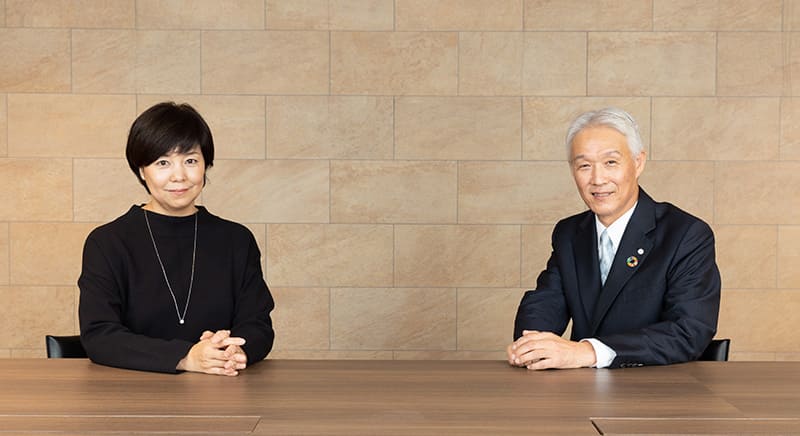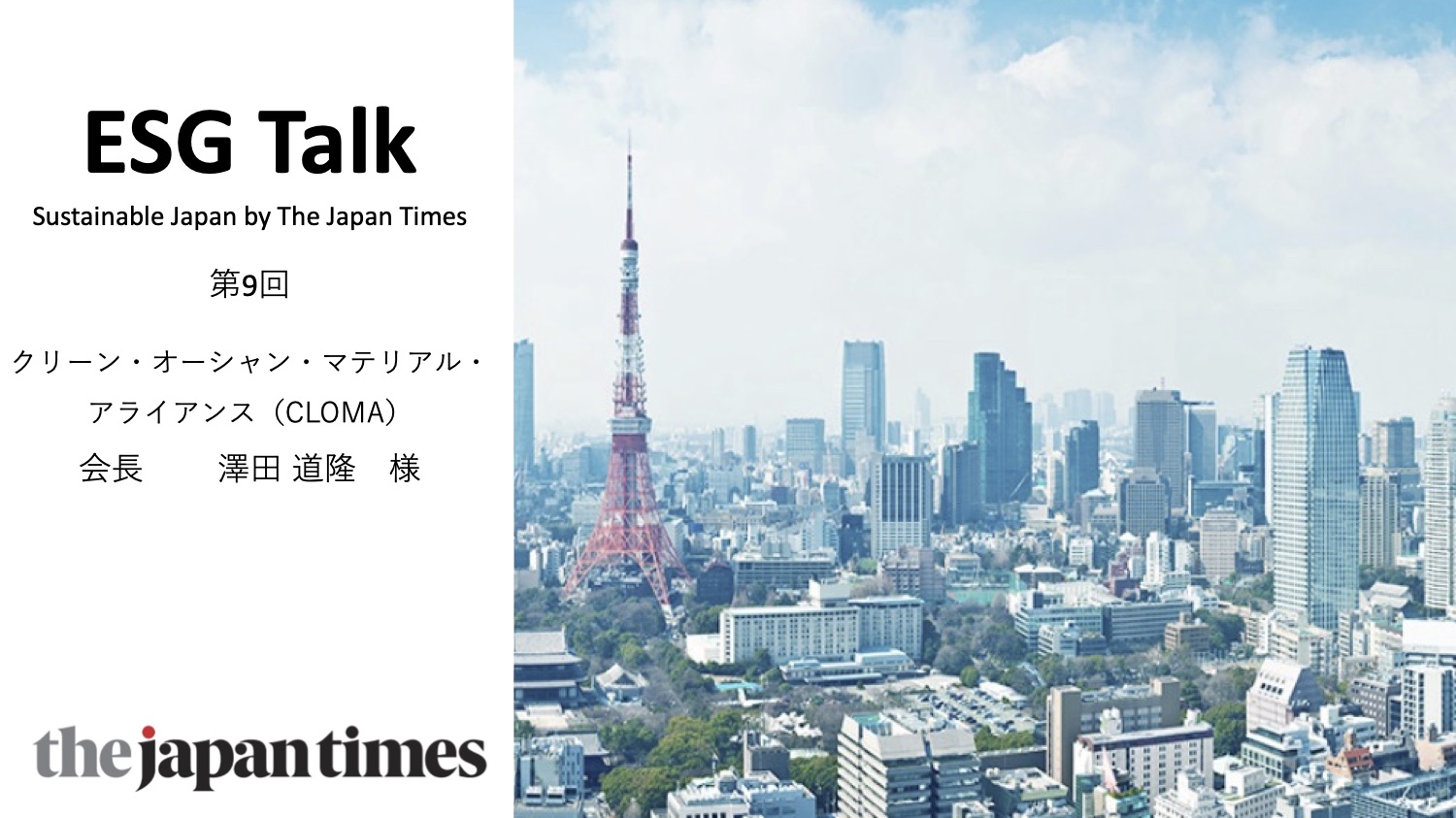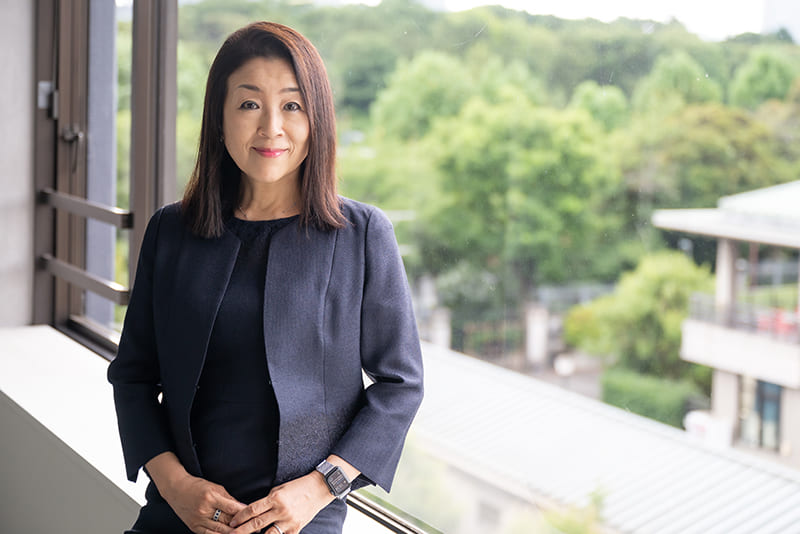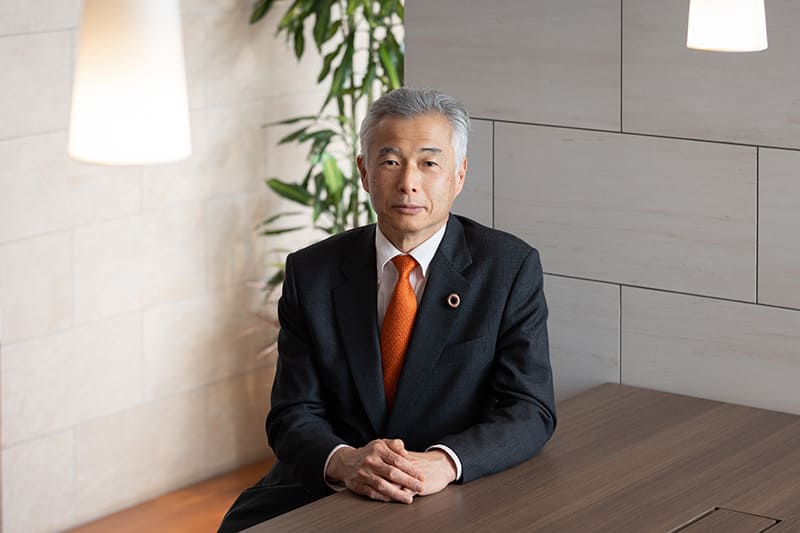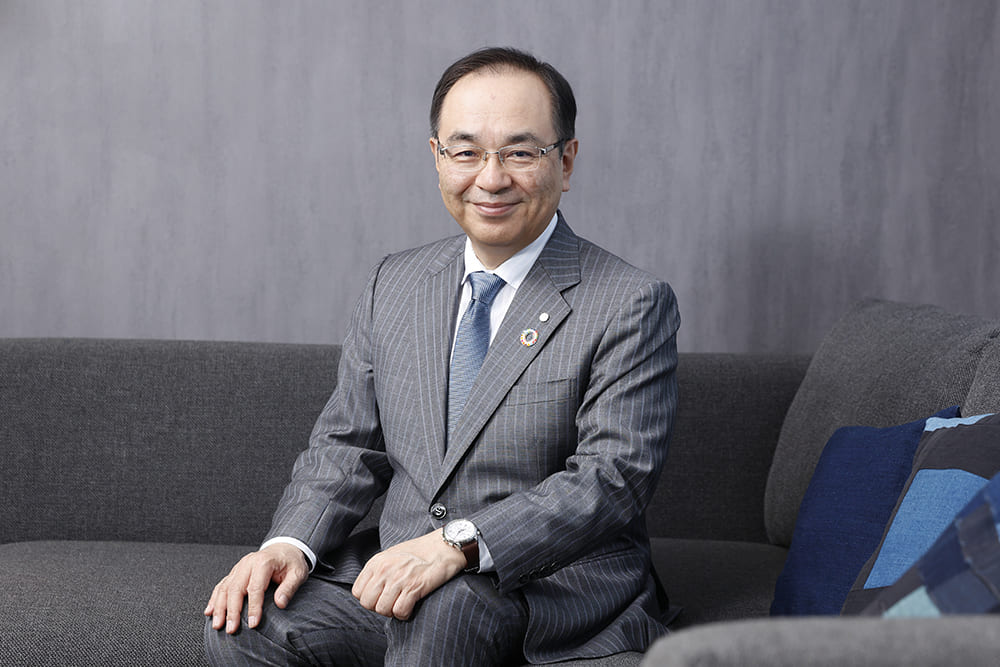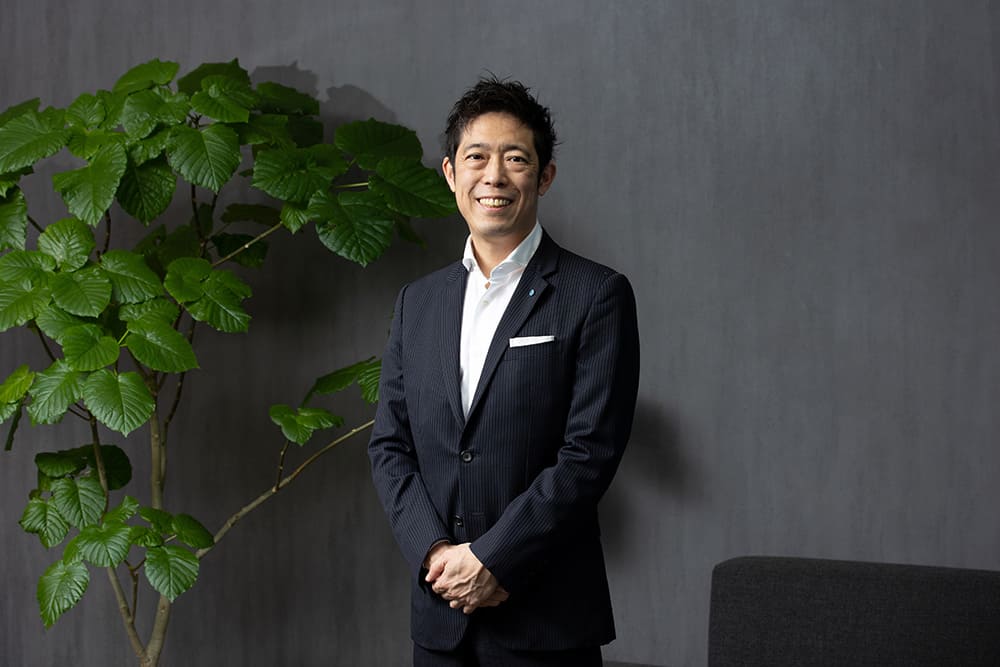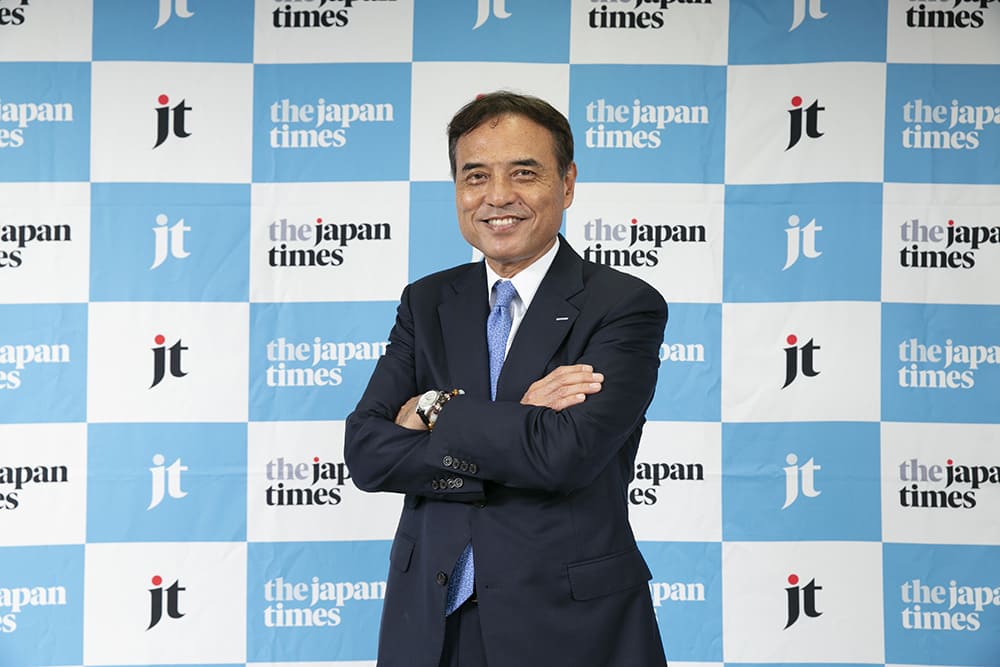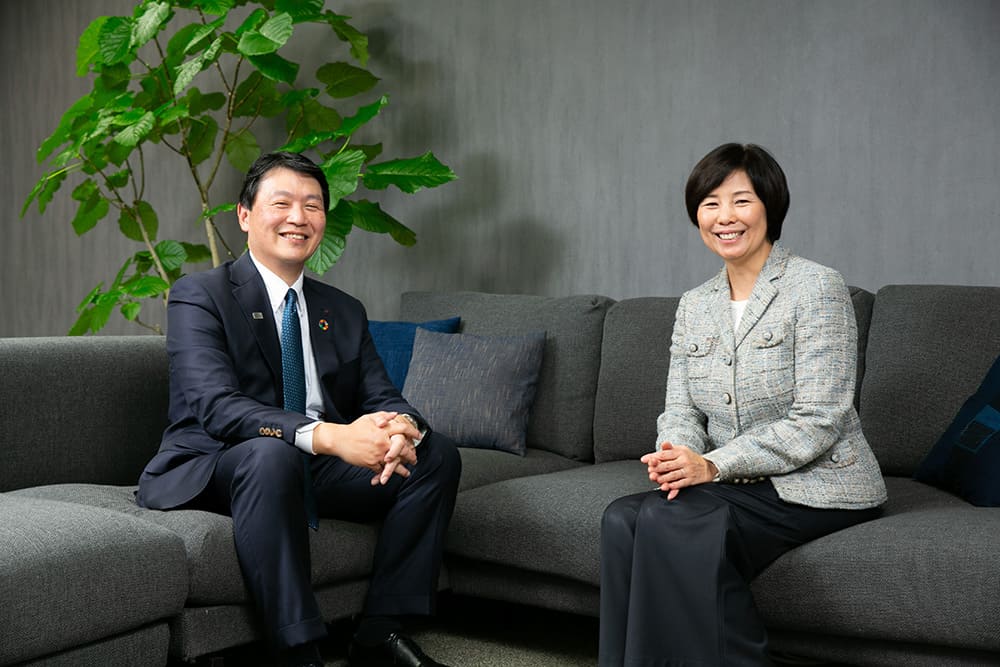October 15, 2021
CLOMA group aims to eliminate marine plastic waste
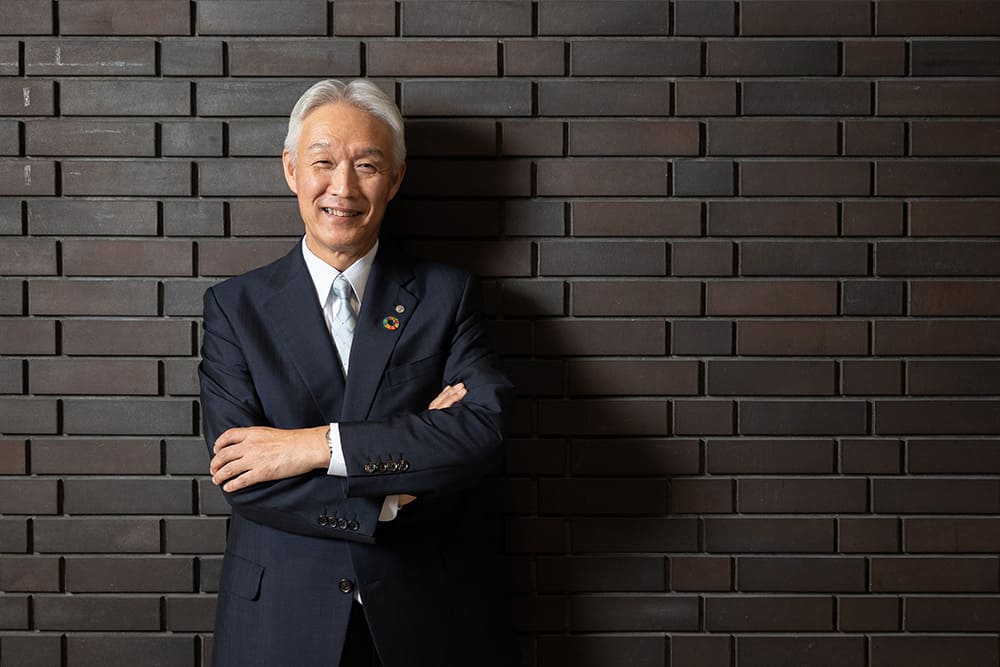
The Japan Clean Ocean Material Alliance, also known as CLOMA, an industry group promoting efforts to reduce marine plastic waste, has the goal of realizing the full recycling of plastic containers, packaging and other products by 2050. It seeks to coordinate all parties that can play a role in recycling plastic — makers of materials and consumer products, retailers, recyclers, consumers and governments — and lead efforts to accelerate innovation. Michitaka Sawada, the first chairman of CLOMA, says he wants the world to adopt a Japanese model for a solution aimed at entirely eliminating marine plastic waste.
CLOMA was established in January 2019 as a joint initiative by companies involved in the supply chain of consumer products. In May 2020, CLOMA announced an action plan that laid out its goals: reducing plastic consumption, improving the rate of material recycling, developing and disseminating chemical recycling and promoting its adoption, developing and disseminating biodegradable plastics, developing and disseminating paper and cellulose materials, and enhancing systems for collecting and sorting plastic waste.
The group’s members, comprising businesses and other entities, originally totaled 159 and by the end of this September had grown to 452. CLOMA has worked to strengthen ties with the central and local governments, which are responsible for designing regulations on recycling and for collecting and sorting plastic waste. Seven local governments, including those of Tokyo, Kobe and Kitakyushu, participate in its meetings as observers.
CLOMA is rare in that it brought together the efforts of entities across industry boundaries and also works with the public sector to promote the adoption of innovation.
“Many small-scale initiatives have been started by each company or in collaboration among a small number of companies,” Sawada said. “Our role is to bring them together into large-scale initiatives and promote them as structures that can serve as role models to show to the country and the rest of the world.”
Speedy action is the key
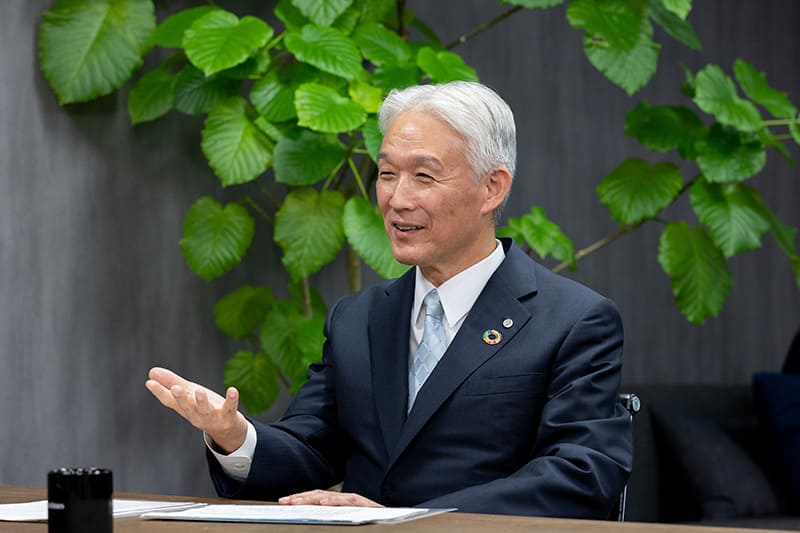
Sawada believes speedy action is the key. CLOMA’s target of achieving zero plastic waste by 2050 is predicated on an interim goal of increasing the percentage of recycled materials to 60% by 2030, which he says is achievable. Sawada, for many years an engineer for research and development at Kao, says the level of Japanese companies’ recycling technology “is considerably advanced.”
It generally takes a long time to achieve a goal by incrementally improving technology, which can also make it difficult to maintain motivation among the people involved. CLOMA’s approach, on the other hand, is to bring together technologies across industry boundaries and find combinations that best take advantage of each to “create something more than the sum of its parts,” according to Sawada. His experience as an engineer and business executive has convinced him that such an approach is important.
“When it comes to addressing issues that have significant impacts on society, such as reduction in waste plastics and decarbonization, the key is to quickly develop innovations in the initial phase and work toward the goal while addressing issues that may crop up on the way,” Sawada said.
“Japanese companies have raised their technology levels through positive competition with their rivals,” he said. “It’s time they brought together their technologies and worked together toward a big common goal.”
An example of this is a tie-up between Kao and rival Lion Corp. In September 2020, the companies announced the deal, in which they are cooperating on a project to develop a system for collecting packaging materials, such as from laundry detergent refills, and technology for recycling them.
Rivals become partners
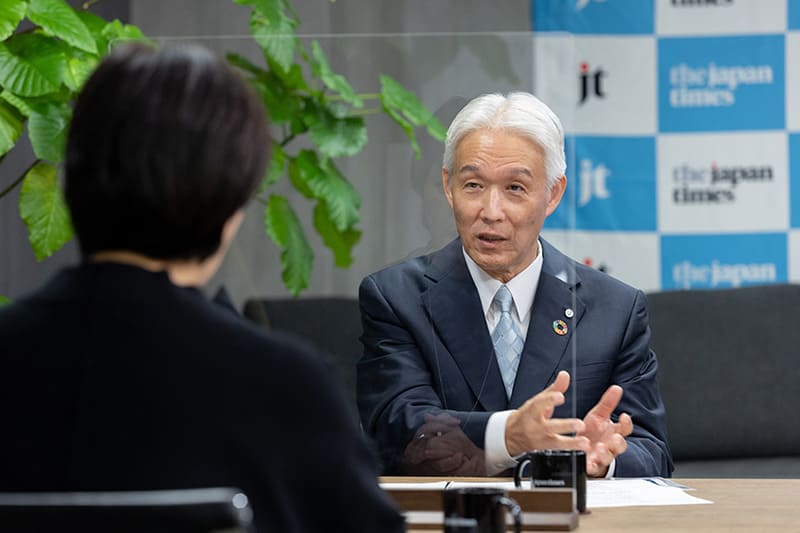
Many Japanese manufacturers of consumer goods have put efforts into reducing plastic usage by making packages more compact and materials thinner. They have come up with innovative ideas on thin packaging films, and the adoption rate of product refills has reached 80% in Japan, making it a global standout. However, films used in refill packaging typically are layered composites and often are incinerated after use. In order to promote recycling of such films, Kao and Lion decided to share their technologies and work together to develop better film packaging, starting from the initial design phase.
They are currently working on a project to test a recycling approach in which used film packaging is collected and sorted at a Ito-Yokado supermarket, then is shredded, cleaned and turned into pellets, and finally is recycled into new film packaging. They are also preparing to enlist local governments’ cooperation in collecting packaging.
“When we complete the recycling process for film packaging, that will bring us closer to realizing a circular economy,” Sawada said.
CLOMA envisions leading a collaborative framework involving companies at all levels of the plastics supply chain, from materials manufacturers to recyclers.
Further ahead, the group aims to reduce carbon dioxide emissions produced in the recycling process. Reducing waste and decarbonizing our society are pressing issues that must be addressed urgently.
Consumer awareness grows
However, companies can’t maintain these efforts if they don’t stay in business. There is also the issue of technological difficulties.
That is why CLOMA recognizes the need for businesses to pass on some of the cost of these efforts to consumers by including it in the pricing of their products.
“Awareness of environmental issues has grown [among Japanese consumers], especially among younger generations, but their awareness about the need for consumers to share the cost [for environmental measures] still remains low compared to their European counterparts,” Sawada said.
CLOMA aims to bring together technologies from Japanese companies in order to accelerate efforts to develop and promote a sophisticated structure that involves consumers. It also aims to gain a say in an ongoing international effort to design regulations, in which the European Union has been ahead of Japan, and make the Japanese model a global standard. All CLOMA member companies are aware that this is an urgent task.
“Now is the right time to launch” the efforts to develop technologies and promote their adoption “all at once,” Sawada said. “I’m feeling a little impatient, but I think we should proceed in a bold manner.”
